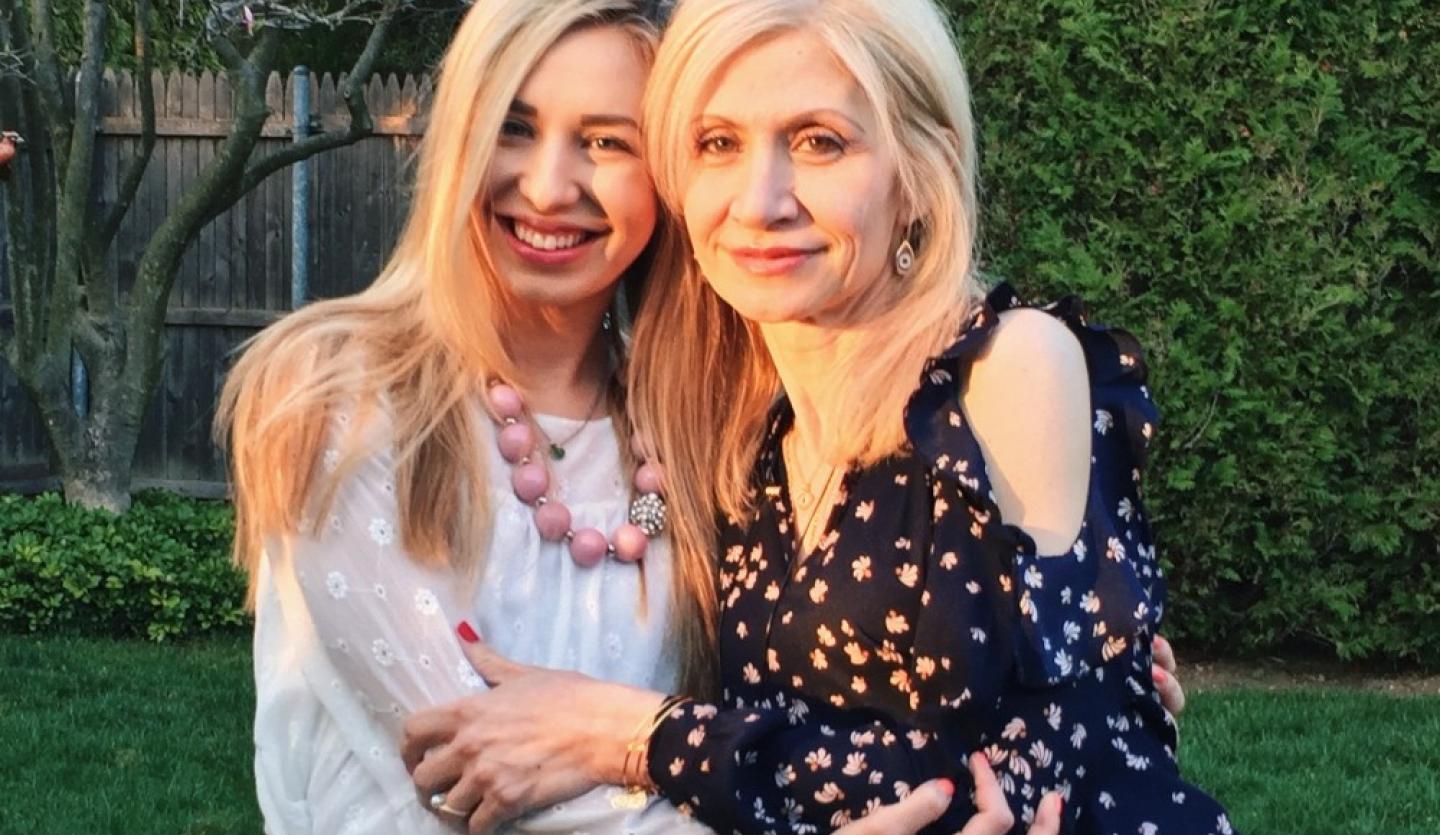Three months after being diagnosed with Stage IV colon cancer, Sevasti Kefalas, 62, passed away.
Now, her daughter, Malvina, is sharing her mother’s story, hopeful that others will be motivated to get a colonoscopy.
“My mother devoted her whole life to caring for me, but never went to the doctor herself,” the Plainview resident said. "I will always wonder if she had gone for regular checkups and had a colonoscopy if her cancer could have been caught sooner."
The American Cancer Society (ACS) recommends people at average risk of colorectal cancer start regular screenings at age 45. This can be done either with a sensitive test that looks for signs of cancer in a person’s stool (a stool-based test), or with an exam that looks at the colon and rectum (a visual exam). People at increased or high risk of colorectal cancer might need to start colorectal cancer screenings before age 45, be screened more often, and/or get specific tests.
People who are in good health and with a life expectancy of more than 10 years should continue regular colorectal cancer screenings through the age of 75. For those ages 76 through 85, the decision to be screened should be based on a person’s preferences, life expectancy, and overall health and prior screening history.
It was June of 2021 when Sevasti experienced severe abdominal pain and went to a non-Catholic Health hospital emergency department. Tests revealed she had cancer, which had spread to her liver. The oncology team at Catholic Health’s St. Francis Hospital & Heart Center® (Roslyn, NY) provided expert treatment.
“The doctors were honest with us about what my mom was up against, but also how strong she was,” Malvina said. “When they showed me her scan and explained how the cancer had spread, my heart sank.”
But throughout her mother’s treatments, Malvina said the St. Francis team provided her and her family the emotional support needed to manage through a difficult time.
“I can’t say enough about the people we met at St. Francis. From the doctors to the nurses, the physician assistants, the nurse practitioners, the cafeteria staff, the security guards and the environmental staff, they all would greet us with a smile and always ask how my mom was doing,” she said.
She is particularly thankful for the support from Catholic Health oncologist Christina Trotta, DO, and primary care physician Judah Guy, MD.
“Dr. Trotta would always talk with my mom, grew to know and love her heart of gold, sense of humor, and would ask how she was doing every day,” Malvina said. “Dr. Trotta was by my mom's side from her first admission to holding her hand at the end of her life. She provided care that went beyond just medicine, treating her like a whole person."
She added, “Dr. Guy was the first face she saw almost every single day in the hospital. He listened compassionately, advocated for her every option, and never let her give up hope. He walked us through every decision about her condition with focus and calm. Before my mom passed, he encouraged me to get screened – at 29 years old – now that I have a family history, and has helped me to do so. Everyone should have a primary care doctor that is as proactive as he is.”
While there are various factors as to why many people don’t get regular colorectal screenings, Malvina has a straightforward message. “Talk with your doctor and get screened, especially if you have a family history,” she said. “Science can do a lot to treat late-stage cancer, but colon cancer is curable and even preventable with regular screenings."
To find a Catholic Health physician near you, please call (866) MY-LI-DOC (866-695-4362).


